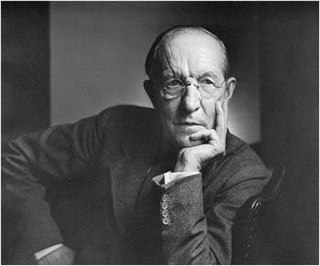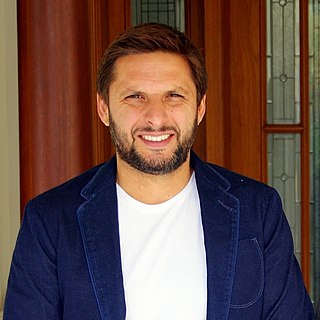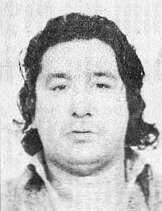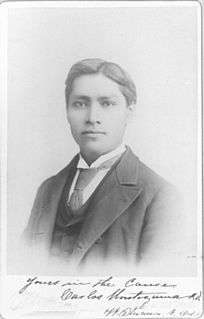A Quote by Swami Vivekananda
To many, Indian thought, Indian manners; Indian customs, Indian philosophy, Indian literature are repulsive at the first sight; but let them persevere, let them read, let them become familiar with the great principles underlying these ideas, and it is ninety-nine to one that the charm will come over them, and fascination will be the result. Slow and silent, as the gentle dew that falls in the morning, unseen and unheard yet producing a most tremendous result, has been the work of the calm, patient, all-suffering spiritual race upon the world of thought.
Quote Topics
Become
Been
Calm
Charm
Come
Customs
Dew
Falls
Familiar
Fascination
First
Gentle
Great
Ideas
Indian
Literature
Manners
Many
Morning
Most
Nine
Ninety
Over
Patient
Persevere
Philosophy
Principles
Producing
Race
Read
Repulsive
Result
Sight
Silent
Slow
Spiritual
Suffering
Them
Thought
Tremendous
Underlying
Unheard
Unseen
Will
Work
World
Related Quotes
We're at an interesting phase of Asian and Asian-American writing, where we might succeed in having readers look at us as creative individuals who write with fury and fire about the world, and in new ways, without having them say things like "I read a really good Indian book," or "That Malaysian fellow writes very well." So I hope by identifying as Indian I can get people who don't usually read "ethnic" or "Indian" literature to read that literature and enjoy it.
I had an Indian face, but I never saw it as Indian, in part because in America the Indian was dead. The Indian had been killed in cowboy movies, or was playing bingo in Oklahoma. Also, in my middle-class Mexican family indio was a bad word, one my parents shy away from to this day. That's one of the reasons, of course, why I always insist, in my bratty way, on saying, Soy indio! - "I am an Indian!"
In fact, George Washington had been an Indian fighter since the French and Indian War. And a lot of folks, particularly in the red states, the Southern states that had suffered a number of Indian depredations wanted to remove all the Indians to Canada. Let them go with the English. And Washington said, well, you can try , but better, he said, more expedient to negotiate treaties with them because, and again this is what the founders believed to a man, Indians are a vanquished race. They won't be here two to three generations.
Even if you're on the right track, you'll get run over if you just sit there. My folks were Indian. Both my mother and father had Cherokee blood in them. I was born and raised in Indian Territory. 'Course we're not the Americans whose ancestors came over on the Mayflower, but we met them at the boat when they landed.




































